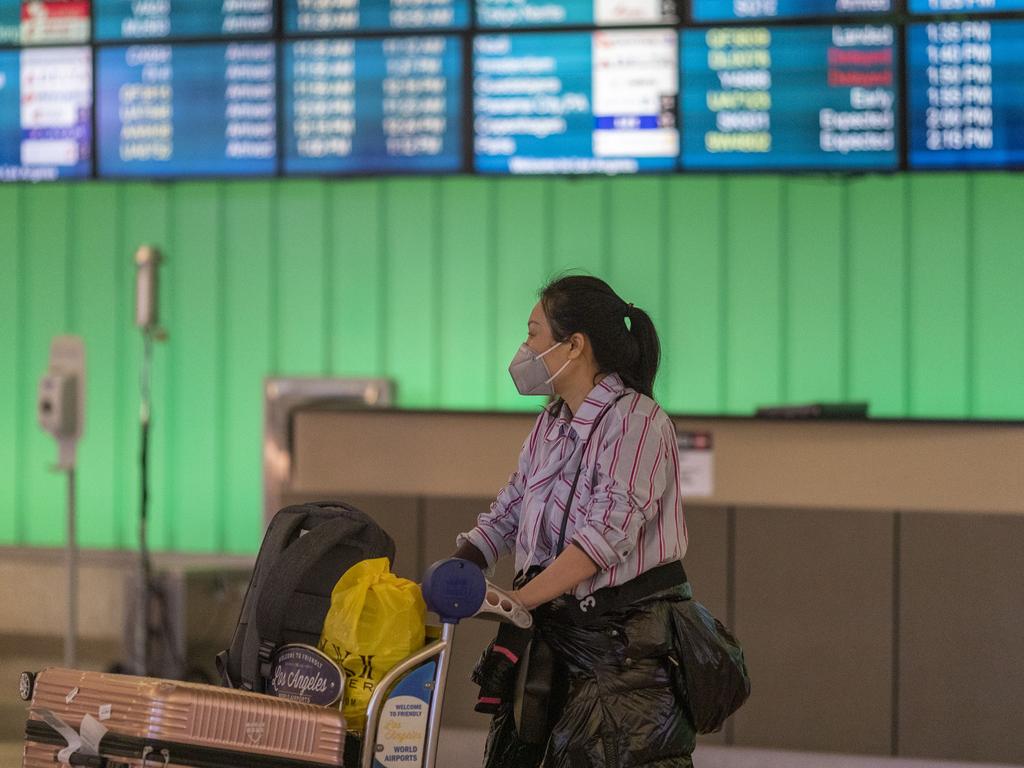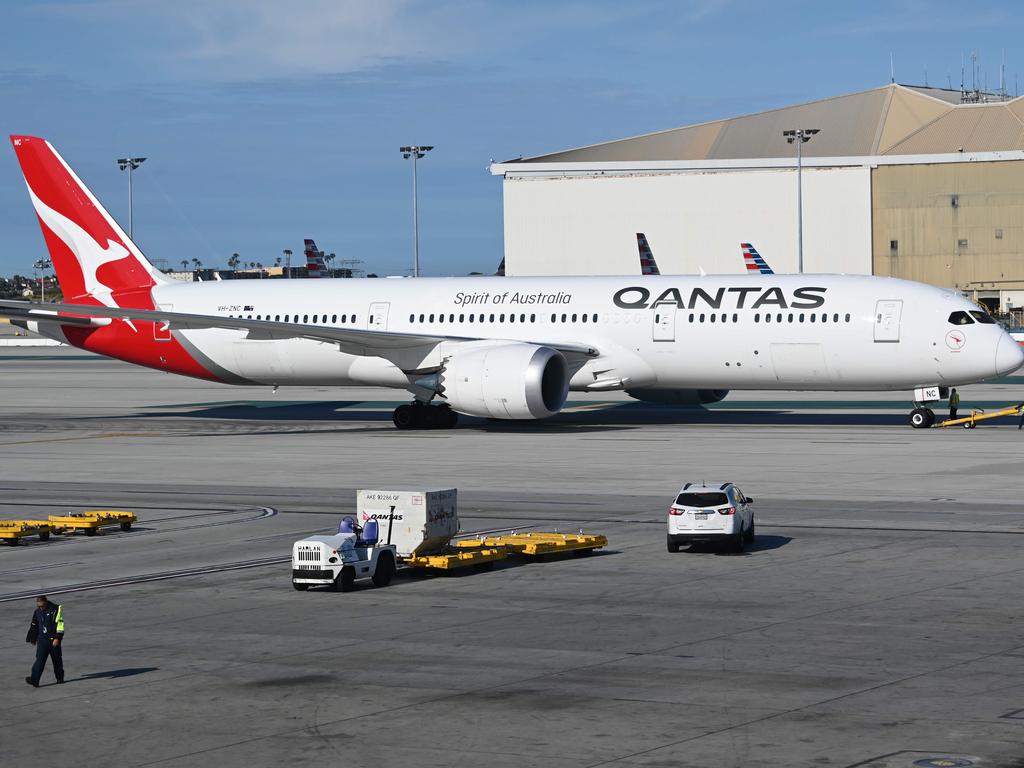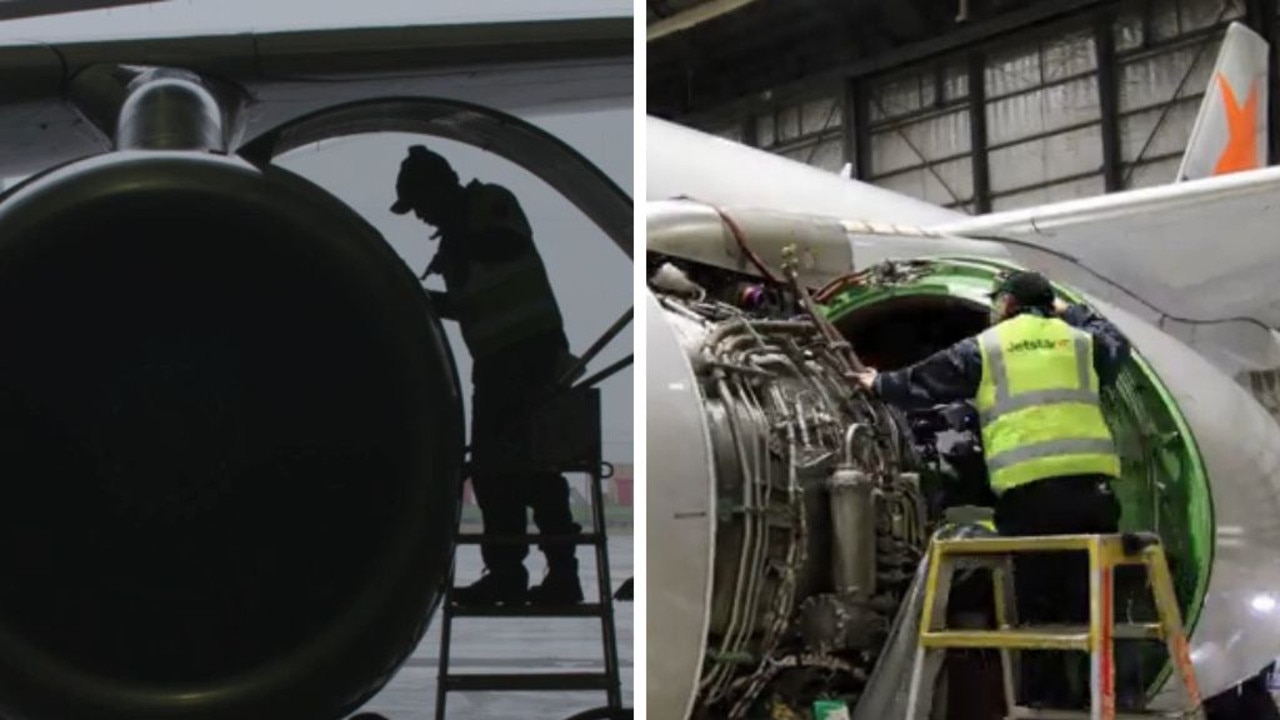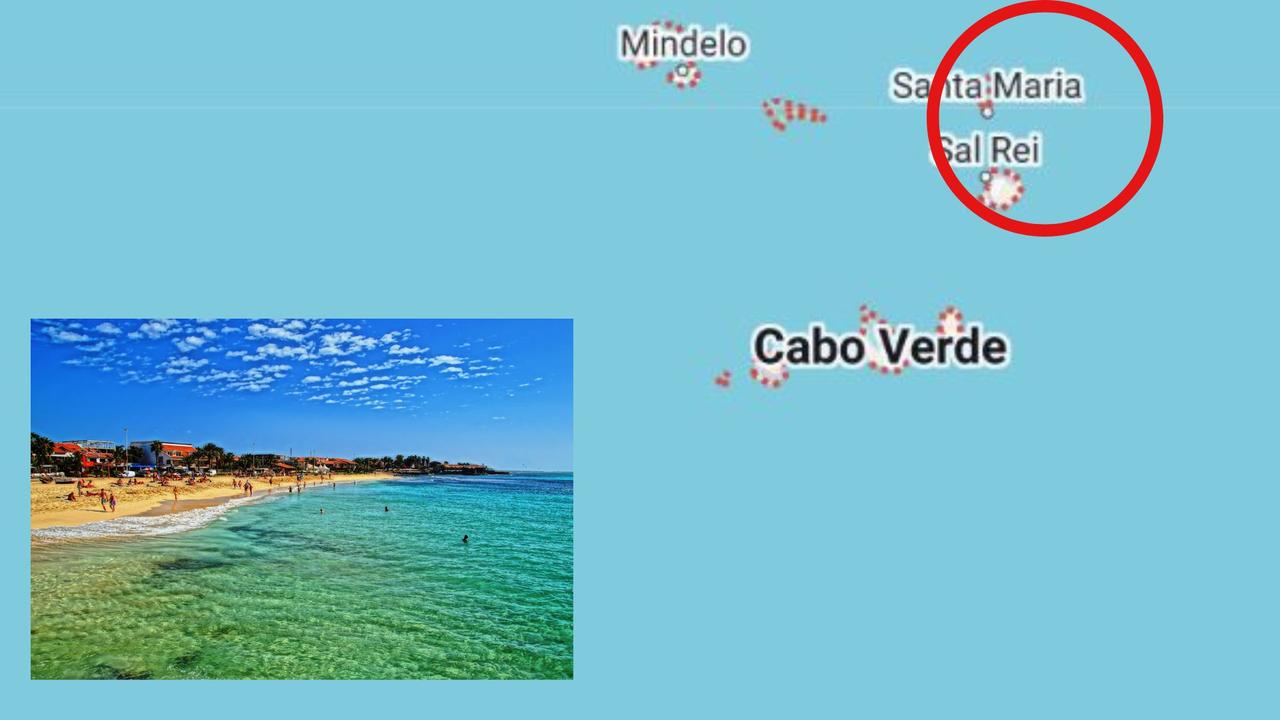Where does travel insurance stand with coronavirus outbreak?
As fear of the deadly coronavirus turns people off travelling, Australians may be left in the lurch by their travel insurers.
Australian travellers spooked by the deadly coronavirus who cancel holidays are likely to be left out of pocket with their travel insurer unable to cover them.
The Department of Foreign Affairs and Trade’s current advice is “do not travel” to China — its highest advisory level — due to risk of the fast-spreading virus that’s claimed 360 lives and infected more than 17,000 people globally, including 12 people in Australia.
The province of Hubei, including the city of Wuhan where the virus originated, is particularly off-limits.
Qantas is among the airlines that have suspended flights to and from mainland China in response to the outbreak.
READ MORE: Follow our coronavirus coverage
READ MORE: Qantas flies stranded Australians out of Wuhan
Passengers who were due to fly on those now-cancelled flights are likely to be accommodated by their airline.
But those who have simply changed their mind about travelling due to fear of coronavirus may be out of luck when it comes to insurance.
Many insurers have designated a deadline, typically around January 23, when the coronavirus outbreak became a known event. That meant policies purchased after that date may not cover issues related to coronavirus.
“If you purchased your travel insurance before coronavirus became a known event, you’ll likely be covered. Unfortunately, if you took cover out after 23 January you may not be covered,” Finder.com.au’s money expert Bessie Hassan said.

“Due to the spread of disease, some insurers have issued warnings for Wuhan and the Hubei province, or China altogether.
“Be sure to check with your insurance provider before heading overseas to see if they have issued an alert. Seriously consider whether it’s worth putting your health at risk.”
Finder.com.au has a list of Australian travel insurance companies and their alerts on the coronavirus outbreak.
Budget Direct, for example, had a purchase deadline of January 20.
“If you bought a policy after 20 January 2020, we expect you would have been aware of the 2019-nCoV coronavirus and the possibility of issues arising which could affect travel,” the company told News Corp Australia.
“For these policies, claims that arise due to the 2019-nCoV coronavirus … will be assessed in accordance with your policy wording, including exclusions or limits on cover which may apply, depending upon the circumstances.”
AIG considered the coronavirus outbreak a “known and foreseen” event on January 24.
“Travellers who purchased or confirmed travel insurance cover on or after 24 January 2020 may not be covered as the coronavirus outbreak would not be considered ‘unforeseeable’,” AIG’s website read.
Insurance Council of Australia spokeswoman Lisa Kable told news.com.au travellers should carefully check the fine print of their policy if they had concerns about proceeding with their trip.
“There is a product called ‘Cancel for any reason’ travel insurance that may assist, however I would suggest people looking to purchase should read the Product Disclosure Statement to understand the product and if it meets their individual needs,” she said.

Ms Kable said travel insurers were reviewing the World Health Organisation’s declaration of a global health emergency for implications it has on customers and claims.
“Many travel insurers have exemptions for outbreaks of infectious diseases and pandemics,” she said.
“However, each insurer’s policies are different and some travel insurance policies will cover travellers whose travel plans have been disrupted by the coronavirus or who have incurred medical expenses.
“This will depend on when the policy was bought and when the claimant started their trip.
“Travellers whose plans have been disrupted due to the coronavirus should first contact their travel agent, or their transport and accommodation providers, to seek refunds or make alternative arrangements.
“Some travel insurance policies may cover travellers who decide to cancel the remainder of their trip if they were already in the affected region before DFAT raised its travel advice to Level 4 – do not travel.”
She said insurers were continually monitoring the evolving situation and looking for advice from the DFAT.
More advice from the Insurance Council of Australia can be found on the disasters.org.au website.
WHAT ARE THE AIRLINES DOING?
Qantas said on the weekend it was suspending its Sydney-Beijing and Sydney-Shanghai services between February 9 and March 29.
Passengers with tickets to fly during those dates will be contacted by the airline to discuss their options.
Qantas said it would offer full refunds to passengers who bought tickets to, from or via mainland China on or before January 24 who no longer wish to travel. Those passengers also have the option of rebooking their flight or retaining the value of the ticket in credit, with change or cancellation fees waives.
Jetstar doesn’t fly directly between China and Australia but is offering refunds to customers with Jetstar bookings as part of an itinerary in China.
Virgin Australia doesn’t fly direct to mainland China but has services between Sydney and Melbourne and Hong Kong. Passengers who want to discuss their options are advised to contact the airline.



